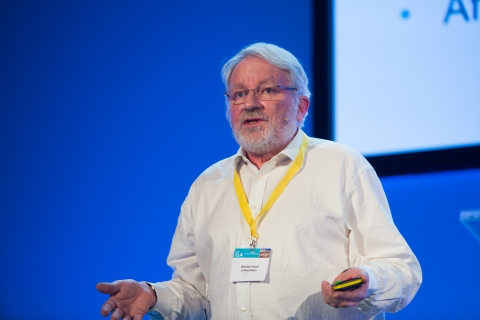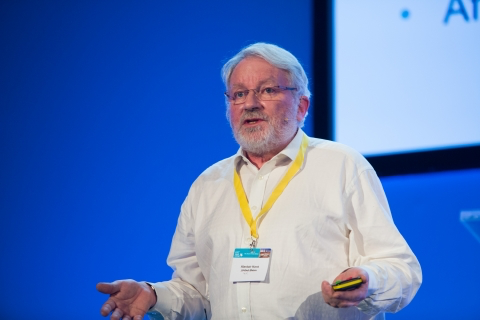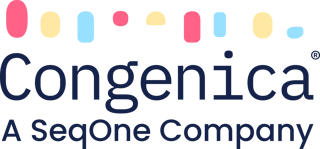 Article by: Alastair Kent OBE FRSA, Chair of the Congenica Patient Advocacy Advisory Board and former Executive Director of Genetic Alliance UK.
Article by: Alastair Kent OBE FRSA, Chair of the Congenica Patient Advocacy Advisory Board and former Executive Director of Genetic Alliance UK.
We have made incredible progress in the last 20 years. If you think about how much it cost and how much human ingenuity and effort was put into drawing up the draft of the human genome back in 2000 and now how quickly and affordably we can do it, for the first time in human history, we can make a precise molecular diagnosis for a growing number of conditions and that that molecular diagnosis can be affordable as a routine part of healthcare.
Ever since Homo sapiens stuck his head above the Olduvai Gorge in the Great Rift Valley in Africa 200,000 years ago and looked around and said, “stone me, I have a rare genetic condition and the kid doesn't look very well either”, it has been impossible to understand until now why that has happened and what it might mean.
Unfortunately, most clinicians are not up to speed with genomic medicine. They need support to make sensible and rational use of genomic data in their everyday clinical practice.
What Congenica offers can be life-changing in a very dramatic and positive way because it gives to families the opportunity, ultimately, to take a degree of control over their lives, over their situations, rather than being blindly pushed by the condition that affects them.
For most families, what genomic sequencing might reveal is still a bit of a black box. There is still, in many cases, a sense of absolute genetic determinism which leads to false expectations about the likelihood of getting a result. And that’s where we have to make sure that all communication is comprehensible and comprehensive enough to give families an insight into their situation and to enable them to better cope with what they are facing.
So how do we realise the benefits of the insights that genomics and genomic testing can deliver?
Healthcare professionals usually have access to help and support to keep abreast of new developments. For example, Health Education England runs a genomics education program which is targeted at a variety of different healthcare professionals such as nurses, midwives, clinicians and so on.
However, patients and families are often less fortunate, and, in this context, Dr. Google can be a mixed blessing. Often you get a diagnosis and you rush to Google and find probably a picture taken 50 years ago of some dreadfully distorted-looking child with a black square over their eyes, straight to the worst-case scenario, which is not necessarily helpful.
The Congenica Patient Advocacy and Engagement Advisory Board is a response to the need to drive user benefit that can be had from the new knowledge that Congenica is helping to create. But it's not just about the science, it's about the context and the communication, making sure that the output from the company is clear, comprehensive and comprehensible to patients and their families who stand to benefit from it.
It’s no use blinding people with science that's not helpful. It’s about giving people the information they need to understand, to plan and to be able to engage with their medical professionals in an informed and appropriate way.
And it's important to make sure that patients and their families are given what they feel they need and not just what their doctors think they ought to know. And although there is obviously overlap between these two pools of information, they are not always the same.
The Congenica Patient Advocacy and Engagement Advisory Board has been set up to try and ensure that this is delivered. It's a panel of experienced patient advocates from across Europe and the USA who will be working to review patient-facing communications from the company, to develop informational and educational opportunities and to offer advice to the company’s senior leadership team. I believe that this is a real tangible demonstration of Congenica’s commitment to putting patients and families at the heart of what it does, and one that I’m very proud to be a part of.




